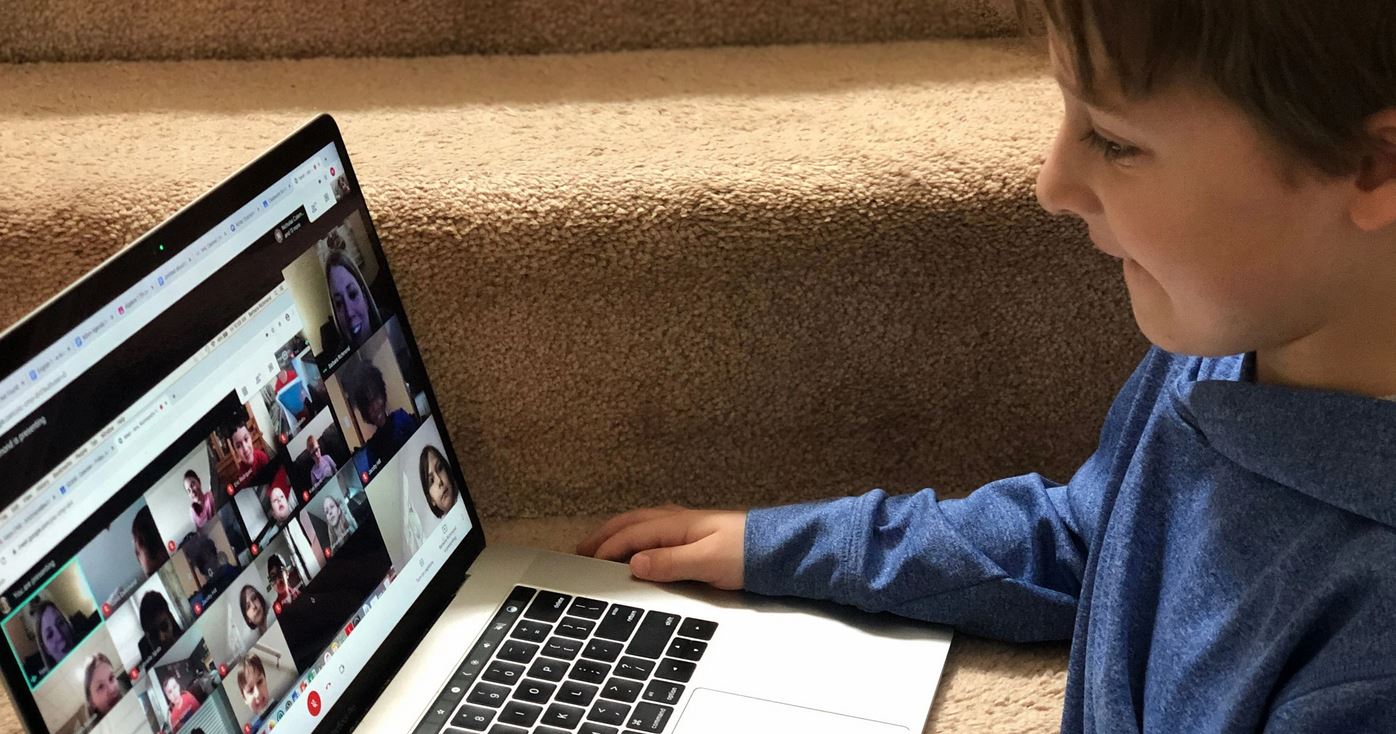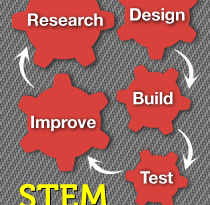The Powerful Impact of Trust
There is one thing that is common to every individual, relationship, team, family, organization, nation, economy, and civilization throughout the world – one thing which, if removed, will destroy the most powerful government, the most successful business, the most thriving economy, the most influential leadership, the greatest friendship, the strongest character, the deepest love.
On the other hand, if developed and leveraged, that one thing has the potential to create unparalleled success and prosperity in every dimension of life. Yet, it is the least understood, most neglected, and most underestimated possibility or our time. That one thing is trust.”
– Stephen M.R. Covey
It may be that no one understands the powerful impact of trust – and mistrust – more than healthcare workers. On the front lines of an evolving global pandemic for more than a year and half, they are fighting both a virus and the effects of low trust in the solution that has been offered in the form of vaccinations. Whether that low trust is well-founded or based on misinformation doesn’t change the fact that they are once again dealing with a case load that is straining the limits of the system they work within, and creating stress that I can’t even imagine handling.
Whether it’s trust at a systemic level, or trust in our work teams, low trust can turn any challenge into a full blown crisis. I once met a chaplain working in a children’s oncology ward, who described one of the most crucial parts of her role as helping parents and medical staff establish trust before critical decisions needed to be made. She knew that in all but the most fortunate cases, there were likely to be heart-wrenching decisions ahead and times when parents would be challenged to make choices between many uncertain options for their children. She understood how important it was for a foundation of trust to exist so that the parents could take in all of the medical staff’s expertise, and likewise that the medical staff could hear all of the wisdom from the parents and children.
In our personal and professional lives, an investment in building trust pays significant dividends in good times – and can both help to navigate challenges, and help to transform challenge into opportunity. Stephen M.R. Covey refers to this as “high trust dividends” as opposed to “low trust taxes” in his book, The Speed of Trust. In our work to help leaders develop relationships built on trust, we focus on three choices:
– Aligning words and actions
– Supporting the success of others
– Being transparent & vulnerable
We have seen that when leaders make these choices on a consistent basis, people begin to “let down their guard.” These choices help to foster an environment that allows for both courage and compassion.
If you’re not sure where you stand, engage your powers of observation – especially during times of stress. When miscommunication happens, what assumptions are made? Whether they feel fair or warranted or not, those assumptions give you a glimpse of others’ level of trust. When conflicts arise, do they escalate, get buried, or get worked through? Try to observe without judging or defending, but simply to collect data.
And if you’re willing to practice some transparency and vulnerability, ask the people in your life, “What are the things I do that build your trust? What are the things I do that erode that trust?” Make your own list of what you believe might be true, share it with them, and compare it to their list. Thank them, no matter what they tell you, and be clear about what you are committing to work on. Remember that asking people to be vulnerable by sharing this type of feedback, and then either defending it or not acting on it, will be counterproductive to your goal of building trust.
To quote our Advisory Board Member, Dennis Jaffe, “What’s helpful to remember is that trust is an ongoing exchange between people and is not static. Trust can be earned. It can be lost. And it can be regained.”
Source:https://innerwill.org/the-powerful-impact-of-trust/




